News
Coalition to End Forced Labour in the Uyghur Region Warns Corporations Not to Trade their Human Rights Principles for Market Access
WORLDWIDE — As global fashion brands face commercial retaliation in China over their statements against the use of forced Uyghur labour, the advocates leading the campaign against forced labour in the Uyghur Region are calling on companies not to trade their human rights principles to hang onto commercial advantage.
Statement of the Worker Rights Consortium concerning the Violence of January 6
The Worker Rights Consortium strongly condemns the violent anti-democratic invasion of the US Capitol building by racist and other far-right groups that took place in Washington, DC last week. As an American organization headquartered in DC with a global presence, we have seen the impact of these despicable actions reverberate throughout our community, the United…
Global Survey: Garment Workers Report Widespread Hunger during Covid-19
Global Survey: Garment Workers Report Widespread Hunger during Covid-19 Leading apparel brands urged to avert destitution for workers who sew their clothes As a result of falling income and job loss amidst the Covid-19 pandemic, garment workers across the supply chains of major brands and retailers report growing hunger and food insecurity. These are the…
Worker Rights Consortium Applauds US CBP Ban On XPCC Cotton as a “Body-Blow” to Apparel Brands Complicit in Forced Labor
Coalition allies filed a petition for a regional WRO on cotton products from China’s Xinjiang Region in August Today, United States Customs and Border Protection (CBP) announced that it will block imports of all products containing cotton produced by the Xinjiang Production and Construction Corps (XPCC), in response to widespread concerns over the use of forced…
Why We Need Corporate Transparency on Factory Closures
Covid-19 has meant a huge drop in demand for apparel, resulting in many closures of garment-producing facilities, with many more expected. Factory closures have sweeping social impacts, both short and long term, with a single closure often affecting the livelihoods and life prospects of thousands of workers and their dependents. When closures are carried out…
During Pandemic, Universities Continue Support of Living-Wage Jobs
Despite the tremendous challenges facing colleges and universities during this back-to-school season, dozens of schools have chosen to leverage their mask procurement and licensing choices to support living-wage jobs by sourcing from Alta Gracia Apparel.
US House Votes to Ban Forced Labor Goods from Uyghur Region
Worker Rights Consortium— a member of Coalition to End Forced Labour in the Uyghur Region — Calls Congressional Action “A High-Decibel Wake Up Call for Apparel Brands Complicit in Forced Labor”
Coalition to End Uyghur Forced Labour Testifies before Congress
Representatives from the Coalition to End Uyghur Forced Labour testified before the House Ways & Means Committee on Thursday, September 17, 2020. The Campaign for Uyghurs, the Worker Rights Consortium, and the AFL-CIO provided testimony to members of Congress on why apparel brands must divest from the Xinjiang Region of China. Supply chains of most…
Members of Coalition to End Uyghur Forced Labour Testify Before Congress
House Ways & Means Trade Subcommittee holds hearing on imports from the Xinjiang Region Washington, D.C.— Today, three members of the 280+ groups that make up the Coalition to End Uyghur Forced Labour testified before the House Ways & Means Committee. The Campaign for Uyghurs, the Worker Rights Consortium, and the AFL-CIO are part of a coalition calling…
Featured News Story
The Worker Rights Consortium: Fighting for Garment Workers Worldwide
Ford Foundation
WRC in the Media
The truth behind your clothing’s ‘made in Guatemala’ label
CNN
Lucky Brand Joins American Eagle Outfitters, Puma in Compensating Guatemalan Workers
Sourcing Journal
What you missed at New York Climate Week
Vogue Business
Lucky Brand adds to garment worker severance fund in Guatemala
just-style
Lucky Brand pays up for Guatemalan workers
Ecotextile News
Media Inquiries
Please direct media inquiries to:
Office Phone: (202) 387-4884
Email: [email protected]


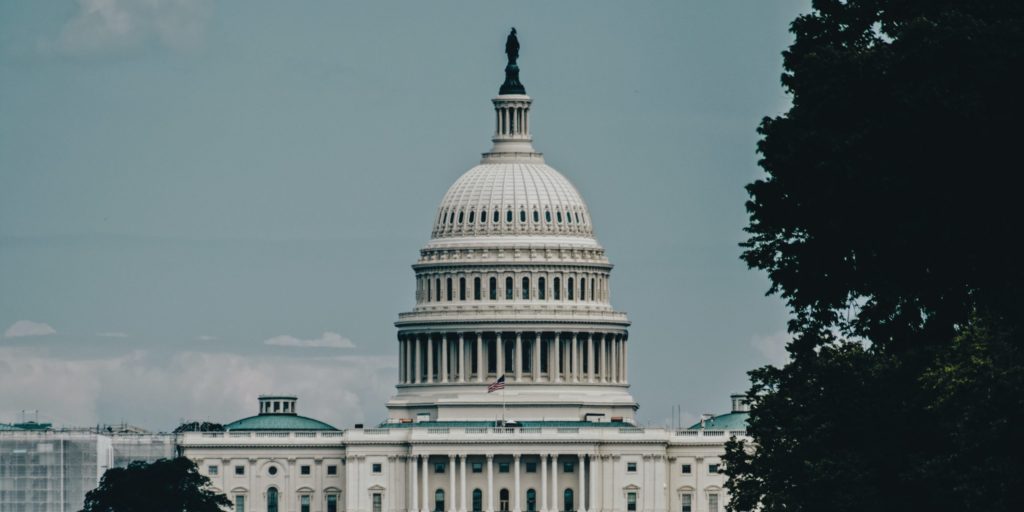
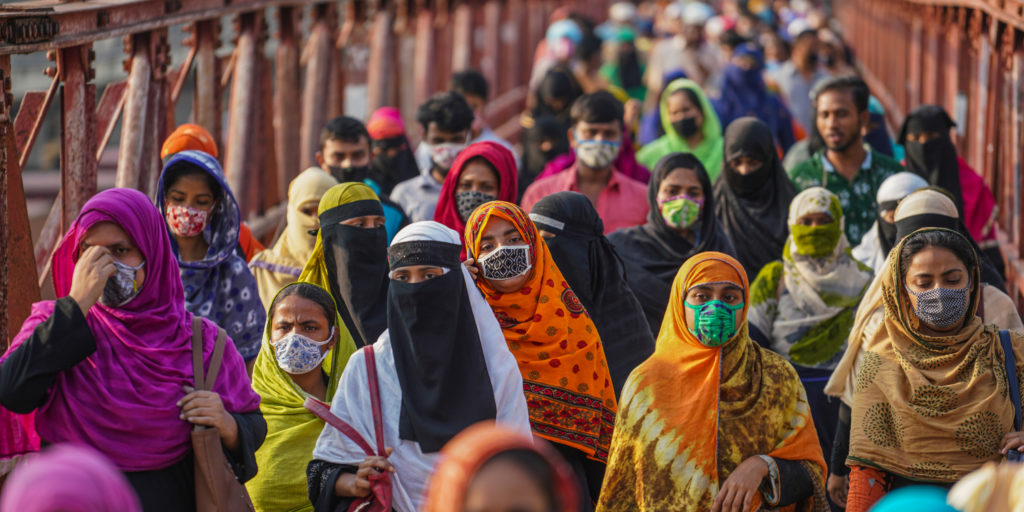
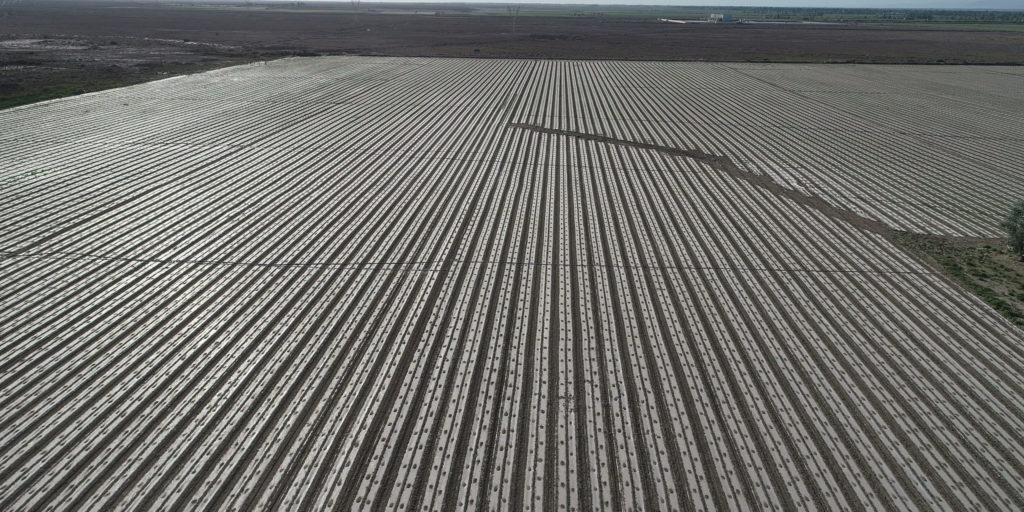
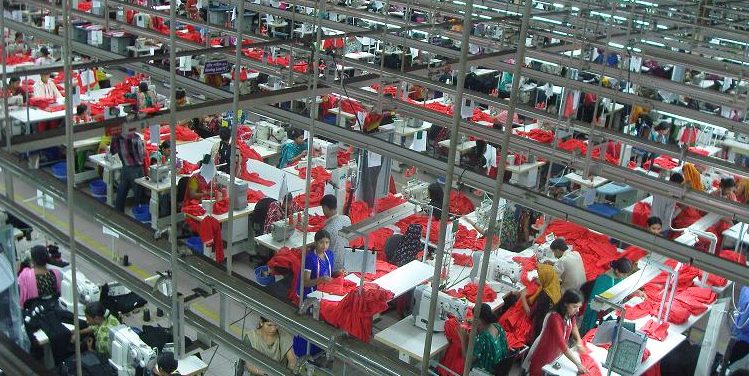
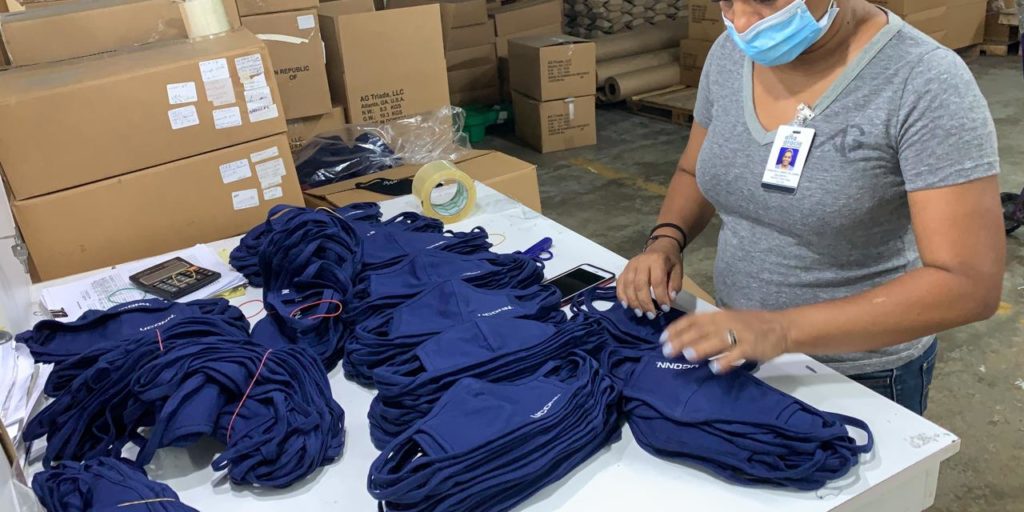

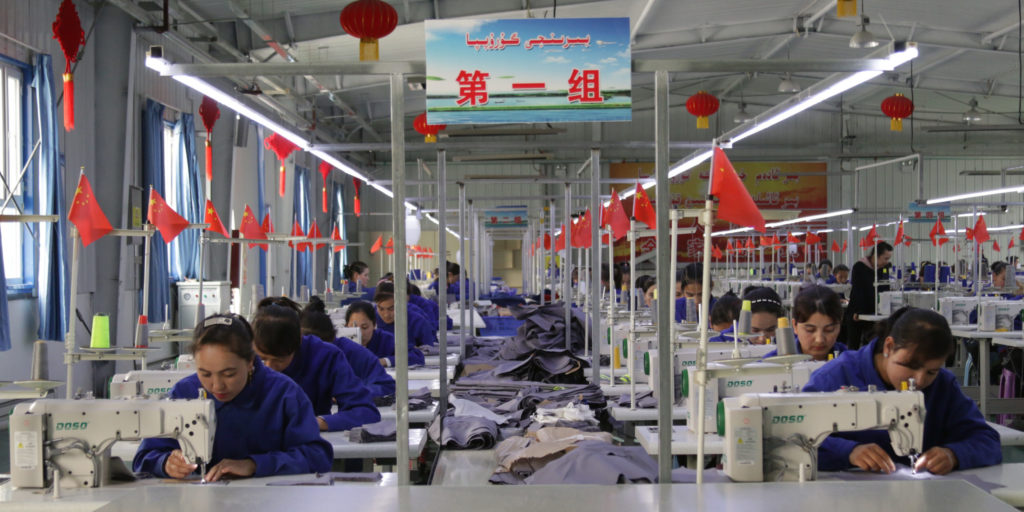
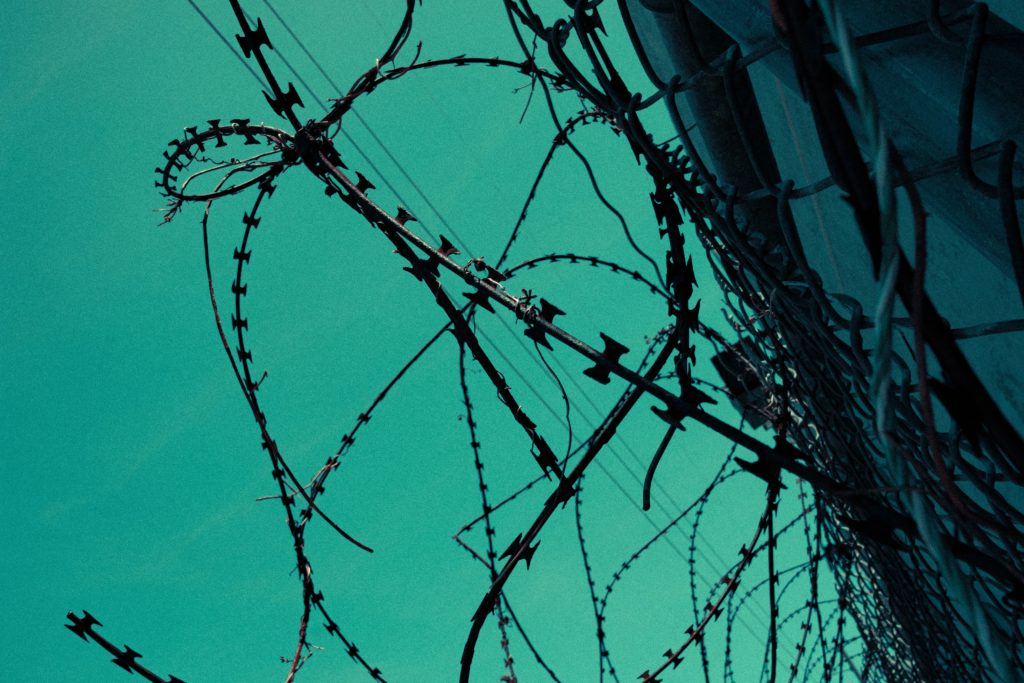
Lesotho Garment Worker Program to Combat Gender-Based Violence Begins
by: Carolyn Butler, Solidarity Center A worker-centered, precedent-setting program that targets gender-based violence and harassment (GBVH) in four Lesotho garment factories is now in effect for as many as 10,000 workers producing jeans for the global market. The program inauguration on Friday was marked by a social media campaign, including SMS text blasts to garment…